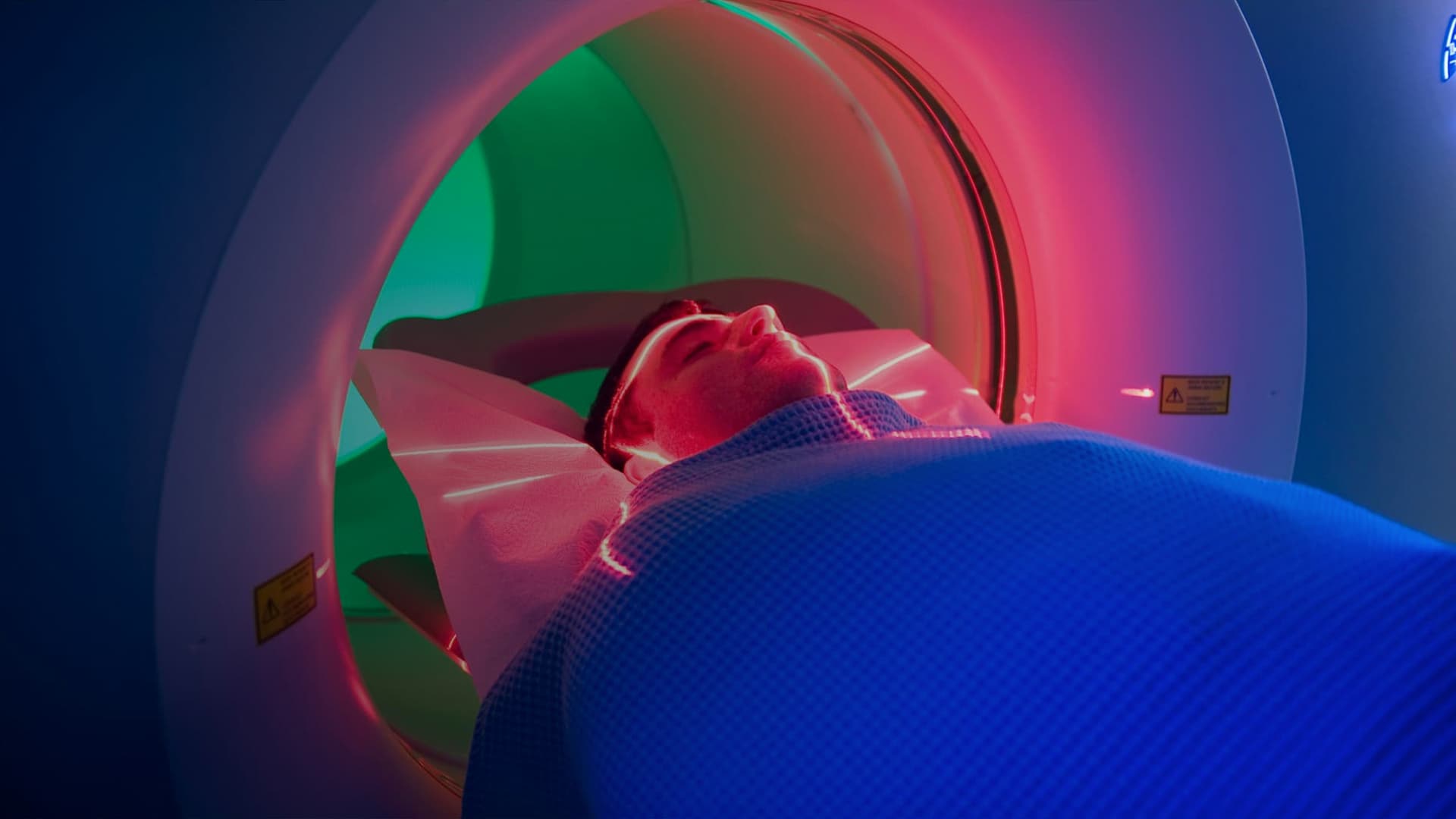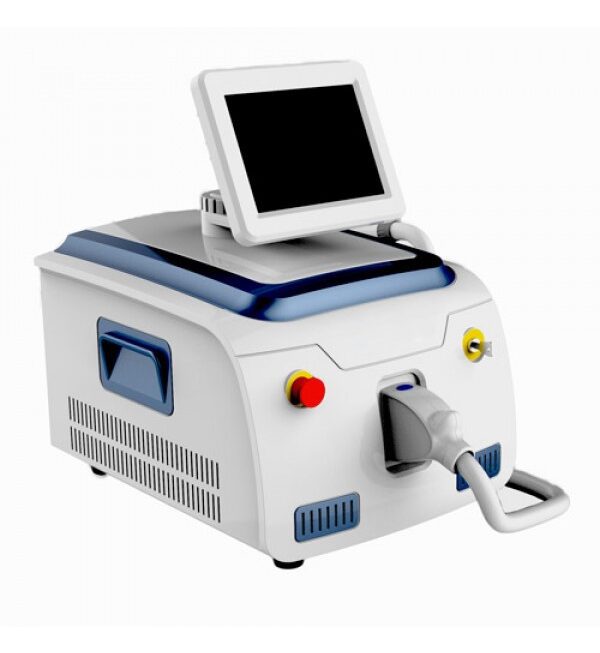Oncology is a field of medicine that deals with the diagnosis, treatment and research of cancer. In the fight against cancer, modern technology plays an important role, and diode lasers are no exception. They have found wide application in oncology due to their unique properties and capabilities. In this article we will consider the application of diode lasers in oncology, their advantages and prospects.
Application of diode lasers in oncology:
Laser Surgery: Diode lasers can be used to perform laser surgery for cancer. They allow for the precise removal of tumors or diseased tissue without the need for open surgery. The laser beam, controlled with high precision, can be aimed directly at cancer cells, which helps to destroy them.
Laser photodynamic therapy (LFDT): Diode lasers are used in LFDT, which is based on the use of special photosensitive drugs and their activation by laser light. In this process, the drug is accumulated in the cancer cells and then activated by the diode laser, causing their destruction. LFDT can be used to treat various types of cancer, including skin cancer, head and neck cancer, and tumors of internal organs.

Spezialisten über die größte Erfahrung in der Anwendung des
Greenlight-Lasers bei der gutartigen Prostata-Vergrößerung (BPH). Foto: Klinik für Prostata-Therapie Heidelberg. Die Verwendung dieses Bildes ist für redaktionelle Zwecke honorarfrei. Abdruck bitte unter Quellenangabe: “obs/Klinik für Prostata-Therapie”
Laser Hyperthermia: Diode lasers can be used to perform laser hyperthermia, in which the tumor is heated by laser light. This causes the temperature inside the tumor to rise and destroys the cancer cells. Laser hyperthermia can be used as a stand-alone procedure or in combination with other cancer treatments.
Laser drug activation: Diode lasers can be used for laser drug activation in oncology. Some drugs used in cancer treatment can be activated by laser light of a specific wavelength. Diode lasers allow you to fine-tune their wavelength and intensity, which provides optimal exposure to the drug and improves its effectiveness in destroying cancer cells.
Benefits of diode lasers in oncology:
High precision and control: Diode lasers are highly accurate and controllable, allowing for precise and targeted effects on cancer cells. They can be tuned to a specific wavelength, ensuring selective action on cancerous tissue, minimizing damage to surrounding healthy tissue.
Minimally invasive: The use of diode lasers in oncology allows for minimally invasive procedures. They can be aimed directly at the tumor or affected tissue, minimizing the need for open surgery. This reduces the risk of complications, reduces recovery time and improves patients’ quality of life.
Less risk of infection: When diode lasers are used in oncology, the risk of infection is minimized because the laser treatment helps disinfect cancerous tissue and prevents cancer cells from spreading around the surgical area.



